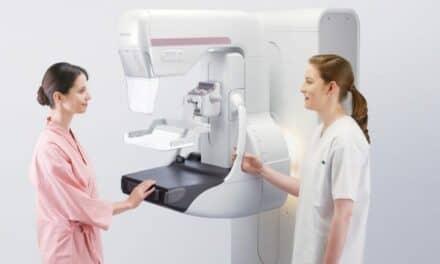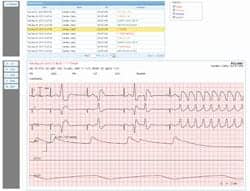AMDR urges hospitals to adopt measures against OEM tactics that restrict access to FDA-regulated reprocessed devices.
A federal jury in Santa Ana, Calif, awarded $147 million to Innovative Health after finding that Johnson & Johnson’s Biosense Webster Medical violated antitrust laws by withholding clinical support to hospitals using Innovative Health’s FDA-regulated, reprocessed catheters.
According to Medical Device Network, Innovative Health initially sought $143 million in damages when it filed the lawsuit in 2022, alleging that Biosense’s policy restricted competition in violation of the Sherman Act and California’s Cartwright Act. The case was dismissed in 2022 but was revived by the Ninth Circuit in 2023, leading to the recent jury trial.
The Association of Medical Device Reprocessors (AMDR), of which Innovative Health is a member, expressed support for the verdict. “For too long, Johnson & Johnson has used tying arrangements and other tactics to interfere with fair competition from lower-cost, FDA-regulated, reprocessed ‘single-use’ devices (SUDs),” says Daniel J. Vukelich, president and CEO of the association, in a release. “We hope this jury’s message will be heard loud and clear: Hospitals want to reduce costs and greenhouse gas emissions by using more reprocessed SUDs without fear of retribution by their original equipment manufacturers (OEMs).”
Guarding Against Anti-Reprocessing Tactics
According to the AMDR, allowing hospitals to choose FDA-regulated reprocessed SUDs can help reduce costs, waste, and greenhouse gas emissions, while also supporting supply chain resilience—a concern that became more pronounced during the COVID-19 pandemic. AMDR also cautions that some OEMs may engage in potentially anticompetitive practices that restrict access to reprocessed SUDs, urging hospitals and procurement staff to remain vigilant and take proactive measures to address such tactics.
These include:
- Threats to void warranties or case support: According to AMDR, OEMs cannot lawfully revoke support, void warranties, withdraw service, or otherwise retaliate against hospitals for using FDA-regulated reprocessed SUDs. AMDR recommends documenting and escalating any such threats and reminding sales representatives that such actions are prohibited.
- Unapproved software updates that disable reprocessed devices: To protect consoles and generators, AMDR advises requiring written hospital approval before any OEM software upgrade is installed. Updates that inadvertently or intentionally block reprocessed devices should be explicitly denied, and firmware versions should be audited after service visits.
- “Chipping” or ePROMs that disable reprocessed devices: AMDR suggests that hospitals prohibit OEMs from using embedded chips or ePROM programming that disables reprocessed devices or shortens their lifespan. They recommend requiring advance disclosure of any device-identification or authentication features and making chip-based lockouts a breach of contract.
- Contract clauses that restrict reprocessing: AMDR advises that during contract negotiations, hospitals should assess the potential impact of volume-based discounts that could limit reprocessing savings. They recommend running all proposals through legal and procurement teams to identify potentially anticompetitive language.
- Price gouging on the “reprocessable” model: AMDR encourages hospitals to track SKU pricing across vendors to identify patterns of inflated pricing on reprocessable models. If an OEM raises the price of its reprocessable version to steer purchases toward non-reprocessable devices, AMDR suggests documenting the practice and considering alternative suppliers.
- Interference with hospital assets: According to AMDR, hospitals should address any practices that interfere with inventory management, such as replacing cables without permission, discarding reprocessed-device bins, or rearranging stock to favor new SUDs. AMDR recommends treating such actions as asset tampering and revoking vendor access if necessary.
- Publication or use of misleading “dirty device” studies: AMDR advises that if a representative circulates OEM-funded studies, especially those flagged for bias or retraction, hospitals should suspend access pending a review and inform infection control and value-analysis committees.
“Adopt these guardrails as formal policy, train staff to spot violations, and remind OEM partners that the rules of engagement have changed. Hospitals will no longer put up with anti-reprocessing sabotage,” AMDR says in a release. “AMDR is conferring with its members, and considering legal options, to push back forcefully against behaviors like those described above and identified in Innovative Health, LLC v. Biosense Webster, Inc.”
ID 45473636 © Phartisan | Dreamstime.com





